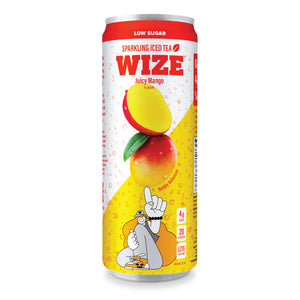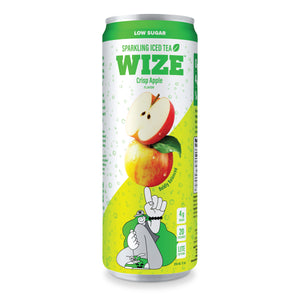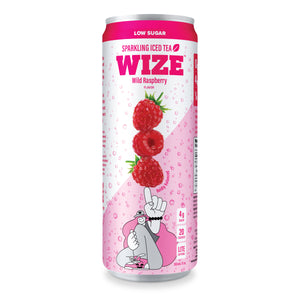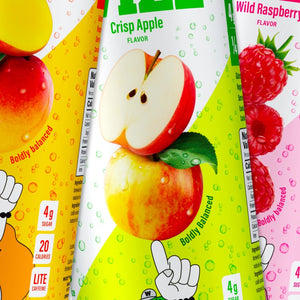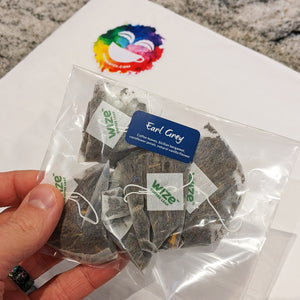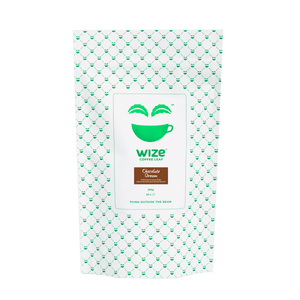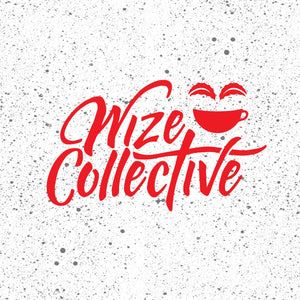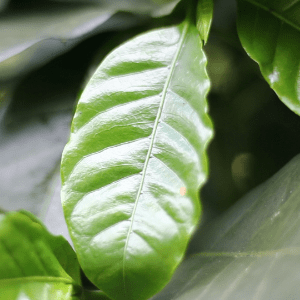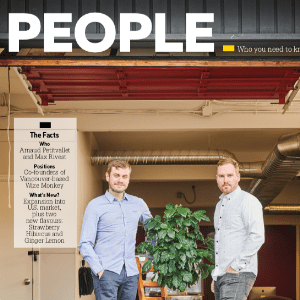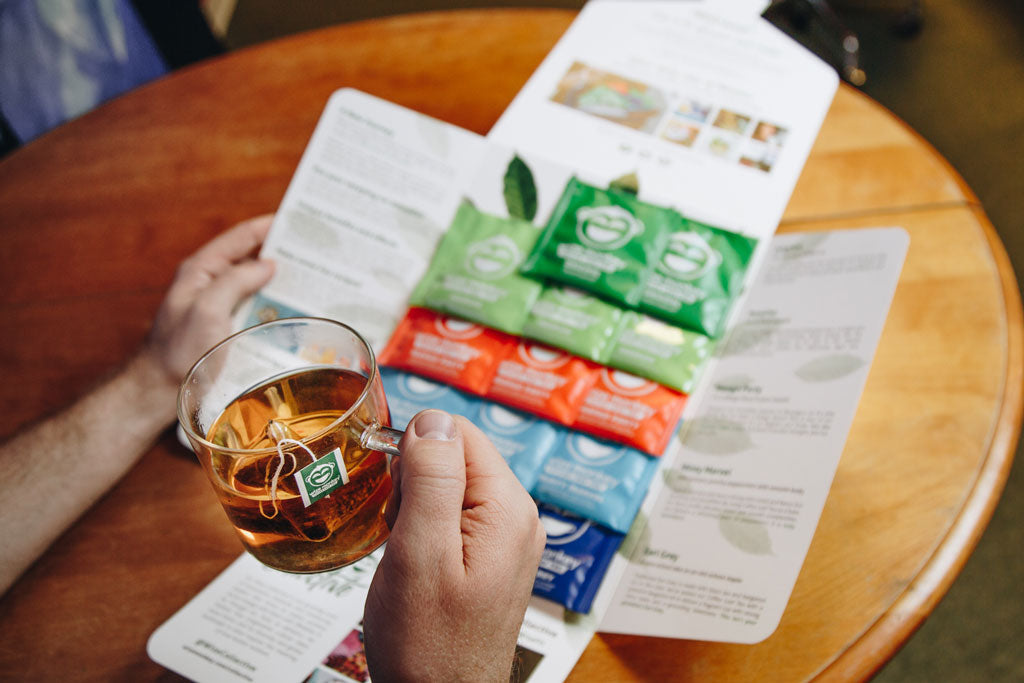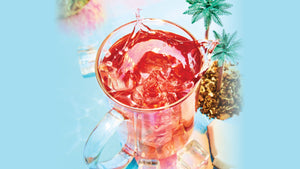In honour of March being Caffeine Awareness Month, we've compiled some recent insights on caffeine, as well as some tips to keep in mind.
What are the Health Effects of Caffeine Consumption?
Caffeine is a bit of a two-headed monster. For many, it’s the perfect way to start a morning: sitting in the breakfast nook with a steaming hot cup-a-joe in one hand, favourite book in the other, watching your daughter play around in the yard with your lovable dog. Life’s great!
But, as many of you know, caffeine can also be your worst nightmare: lying awake at three in the morning, splitting headache, stomach doing somersaults, heart pulsing faster than a rabid dog. How can this be? What’s the truth here? Is caffeine good or is caffeine bad? I wish there were a quick and easy explanation for you, but reality is never simple – especially when it comes to caffeine. The truth is that it’s both good and bad. It’s important to be aware of just how exactly caffeine can affect your health.
THE GOOD
Let’s start with the good news. The benefits of caffeine are pretty well known. (After all, why else would over 80% of the population consume it?) It’s a stimulant. It works by activating the central nervous system. And, as such, it can provide mental alertness and concentration, boost your mood, and help postpone fatigue. All good things.
On top of that, coffee – which is by far and away the number one source of caffeine consumption – has been the focus of much scholarly research. Here are some of the purported health benefits of coffee:
- It can reduce the risk of type 2 diabetes.
- It can reduce the risk of mouth and throat cancer.
- It may help lower our risk of stroke, Parkinson’s, and dementia.
But – as I mentioned earlier – caffeine isn’t all sunshine and rainbows. It has a dark side, too.
THE BAD
To begin with, caffeine is a drug. Plain and simple. Over time, the body will get used to it and will depend on it as a part of its everyday routine. And when caffeine is not there all of a sudden, you’ll have a bad time. These effects are called withdrawal symptoms. They may include:
- Upset stomach
- Headache
- Dehydration
- Muscle pain
- Insomnia
- Lethargy
- Anxiety
- Depression
- Irritability
- Etc.
You get the point. Nobody wants to be around a coffee addict who hasn’t had coffee. …and nobody wants to be one either. On top of the withdrawal symptoms, there may also be significant long-term health effects as well.
THE LONG-TERM EFFECTS
According to the Centre for Addiction and Mental Health (CAMH), excessive long-term consumption of caffeine may lead to a loss of bone density, which in turn may lead an increased risk of osteoporosis. But wait, there’s more:
- Increased blood sugar levels. Daily consumption of caffeine may increase blood sugar levels, which can be a major problem for those with diabetes. (Source)
- Irregular heartbeat. Higher amounts of caffeine may result in extreme agitation, tremors, and a rapid heartbeat. (Source)
- Pregnancy complications. Too much caffeine may result in miscarriage or birth defects. It can also make it more difficult for women to get pregnant in the first place. (Source)
- Increased blood pressure. Caffeine may cause short, but dramatic increase in blood pressure. (Source)
- Increase cholesterol levels. There is a compound in coffee called “cafestol” that raises LDL cholesterol levels. (Source)
NOW WHAT?
Don’t be scared by all of this. There are a number of ways in which you can live a healthy lifestyle and still consume caffeine. The key, as always, is moderation. Here are some tips:
- In general, it’s recommended that you consume under 400 mg/day of caffeine. That’s about four 8 oz. cups of coffee, which is more than enough for most people.
- Be aware of other foods that may include caffeine: chocolate bars (5-25 mg), energy drinks (up to 160 mg) and soft drinks (~30 mg) are some examples. Many prescription drugs also include caffeine.
If you don’t want to go cold turkey on the caffeine, you should try our new 15 Days of Wizdom pack. It comes with a variety of our five award-winning teas that will help you ease off the caffeine addiction and also keep you focused without any crash of jitters. The caffeine level is around 20mg per cup, making it the perfect substitute to rotate into your routine. Get one today and starting thinking outside the bean.

